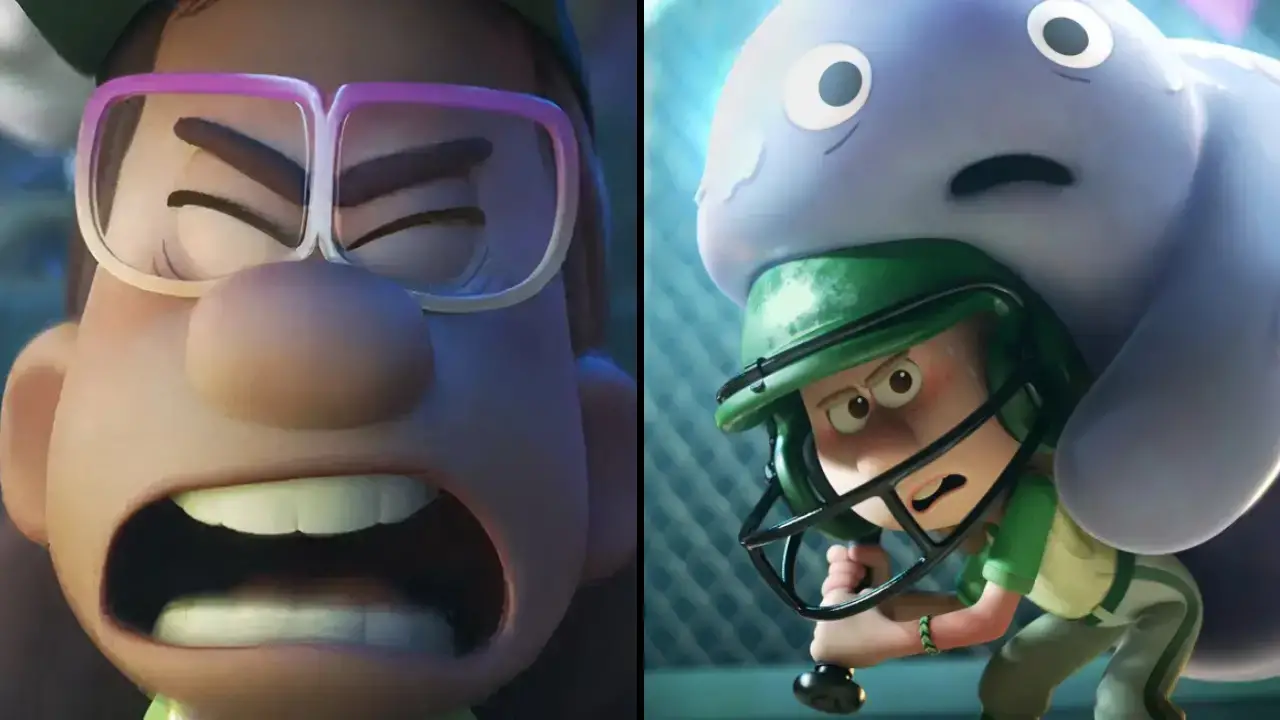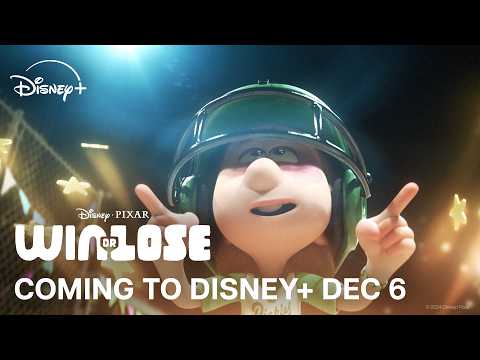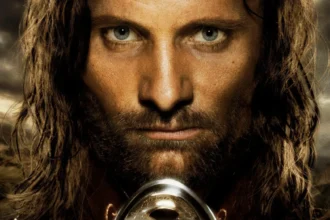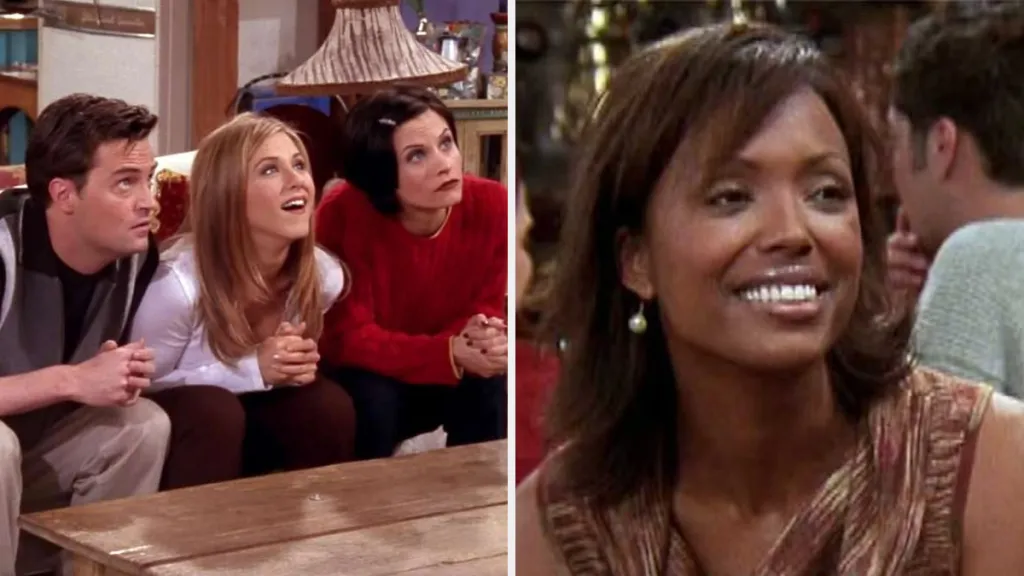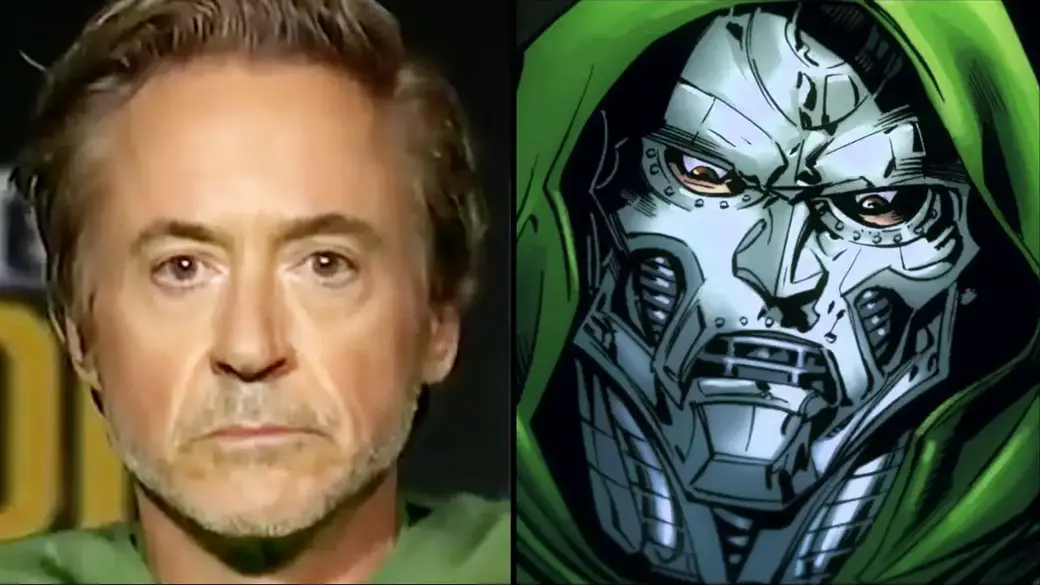Disney and Pixar are preparing to debut their first ever long form animated series, Win or Lose, which will be available to stream on Disney+ February 19, 2025..
It’s a series about a middle school co-ed softball team called the Pickles as they get ready for their championship game.
Each of the eight episodes highlights a different team member and the experience and challenges they faced on and off the field.
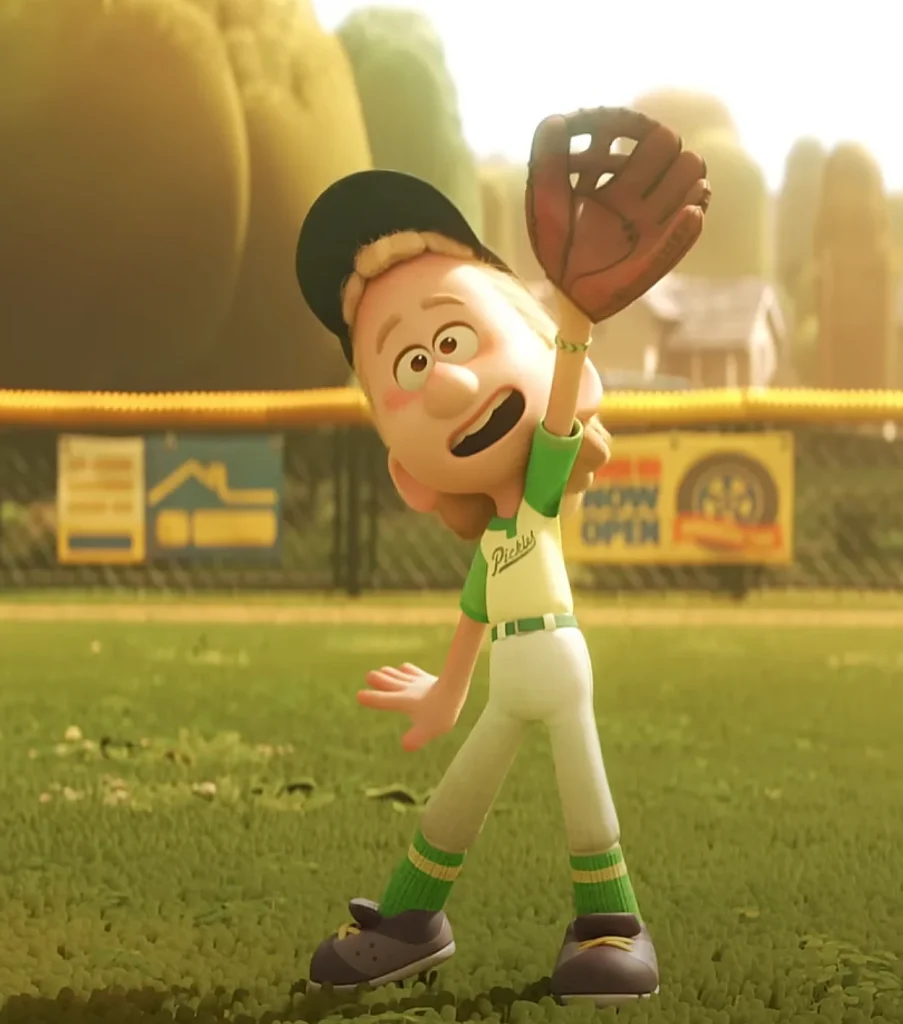
The creators Carrie Hobson and Michael Yates have vowed to make the show authentic to adolescence.
They say the show is a mix of humor and heart that they hope will appeal to all ages.
Show praised for fresh narrative approach by Disney’s Chief Creative Officer Pete Docter.
The series, he said, combines imaginative storytelling and relatable characters to connect with a wider spectrum of viewers.
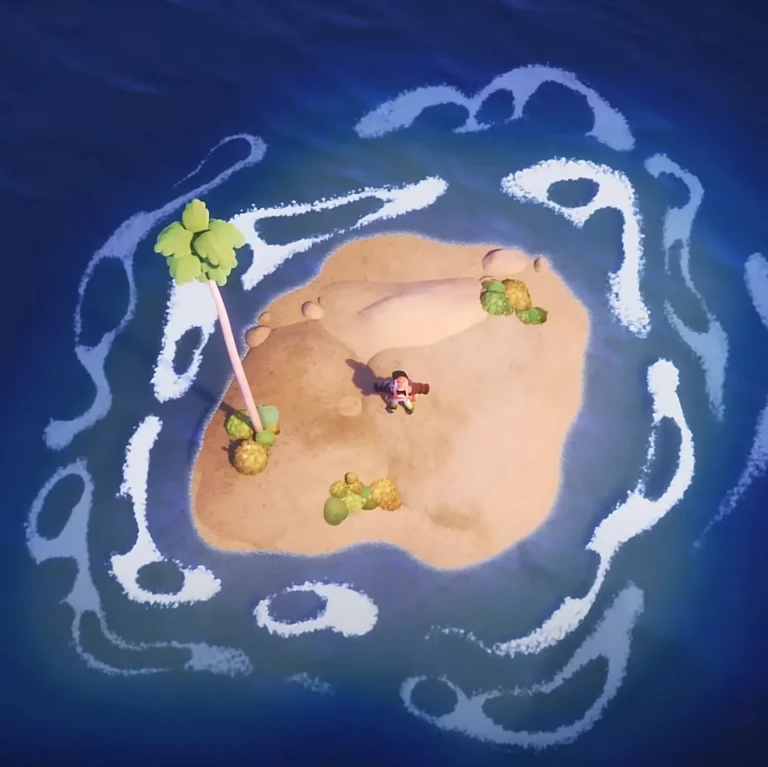
There has been heated discussion, however, about recent developments around Win or Lose.. According to reports, Disney decided to cut a transgender storyline from the show.
However, the character tied to the storyline will remain a part of the series and their gender identity arc has been wiped clean.
This decision was made months ago, despite having recorded dialogue for the storyline, sources say.
“Animated content for a younger audience is something many parents would prefer to discuss with their children on their own terms and at their own timeline, and we appreciate and understand that,” a Disney spokesperson said of the decision.
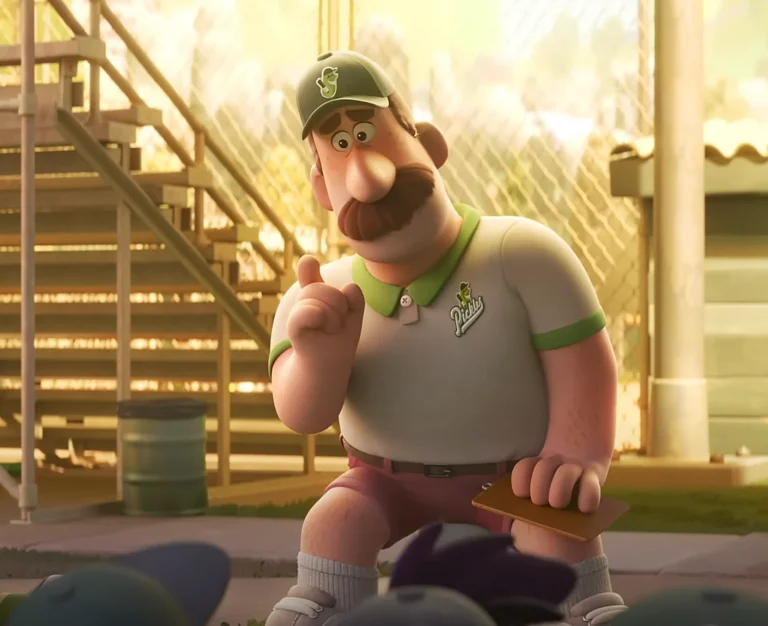
Audiences and advocates have given a lot of reactions to the announcement.
The removal of the transgender storyline has worried critics who see it as a move backwards for representation.
The transgender actress who voiced the character, Chanel Stewart, shared her public disappointment.
“People’s trans stories matter, and they deserve to be heard,” she said, adding ‘media needs to be more inclusive.’
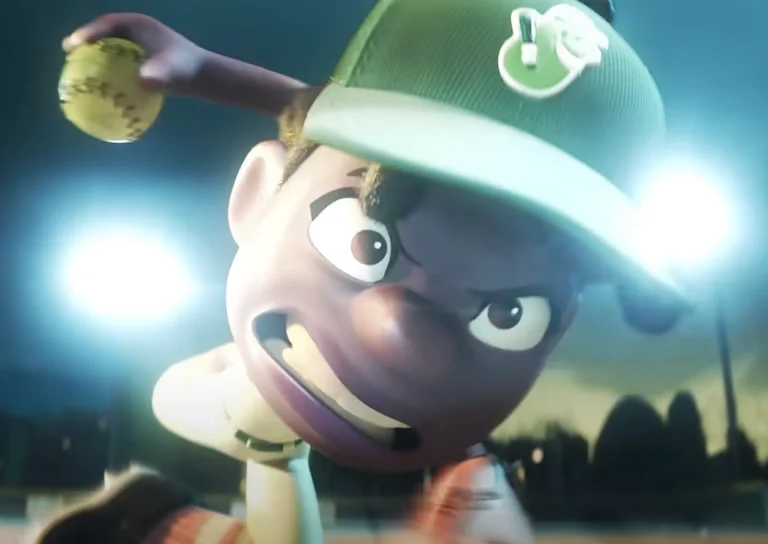
But supporters of Disney’s decision say that topics such as gender identity should be discussed between parents and their children in private.
“Disney is doing the right thing and respecting our role as parents in guiding our children,” said one social media user.
But others say the decision was influenced by external pressures and political dynamics. Part of the reason also stems from Disney’s recent controversies regarding its attitudes around the representation of LGBTQ+.
An episode of Moon Girl and Devil Dinosaur was shelved in November 2024 reportedly for its sensitive themes, according to an account of the show’s development.
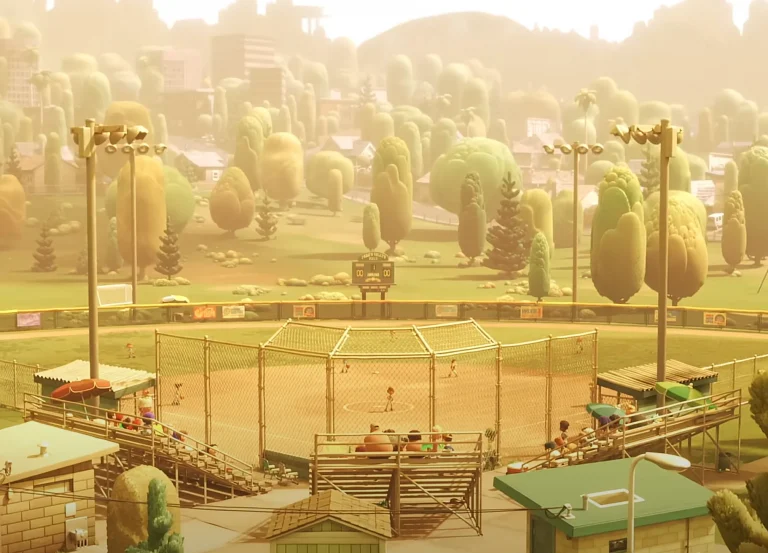
Disney, too, was slapped with backlash over the inclusion of a same sex kiss in 2022 film Lightyear, which was banned in several countries.
Disney CEO Bob Iger repeated the company’s stance that entertainment trumps social messaging.
We’re not up to infusing our films and TV shows with messaging as a kind of number one priority. Earlier this year, he said they had to be entertaining.
And, with Trump’s reelection, which was fueled by his opposition to diversity, equity and inclusion initiatives, things have only gotten more complicated for corporations like Disney.
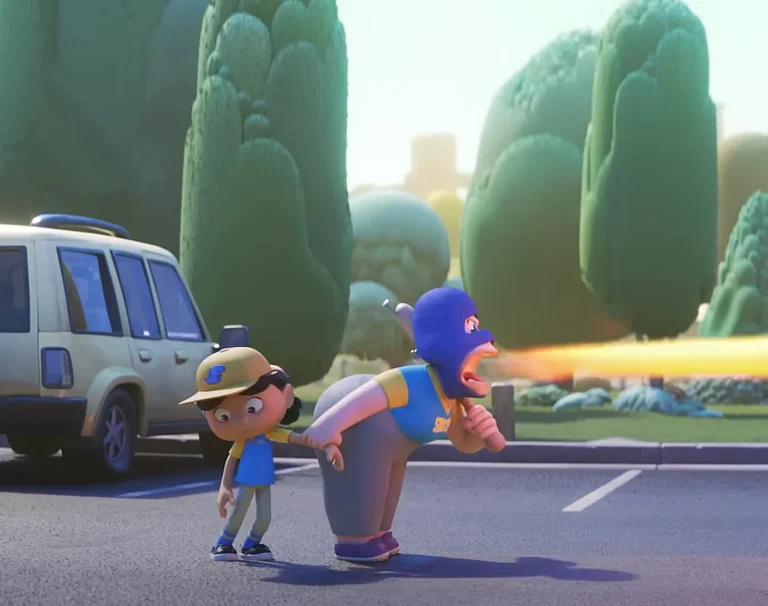
With Win or Lose coming up, we’re still looking forward to exploring team dynamics, personal growth, and growing up in general..
But the series has been praised for its innovative way of storytelling and promise of humour and emotional depth.
The decision to remove the transgender storyline has, however, thrown the spotlight back on representation in the mainstream media.
Critics say removing such stories diminishes attempts to be inclusive and gain understanding among younger audiences.
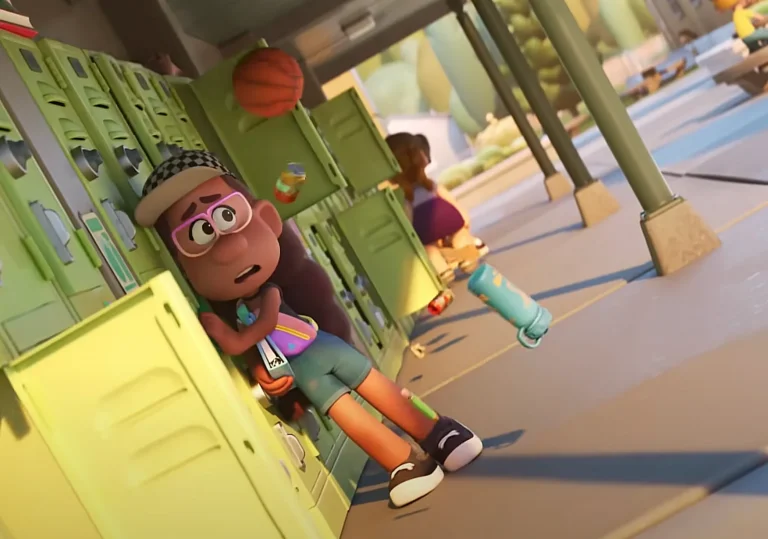
Advocates for LGBTQ+ representation have called for greater transparency and support for diverse narratives in entertainment.
A Pixar fan commented, “Imagine the artists and writers who poured their hearts into that storyline only to see it erased.”
While Win or Lose is set to deliver engaging stories and memorable characters, the absence of the transgender storyline raises questions about the balance between representation and corporate strategy.
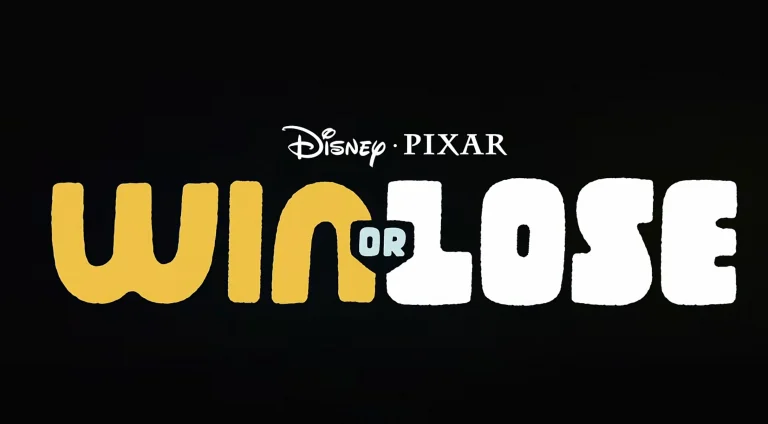
Disney’s approach to inclusivity continues to spark dialogue, leaving many to wonder how future narratives will navigate the intersection of authenticity, audience expectations, and social progress.

